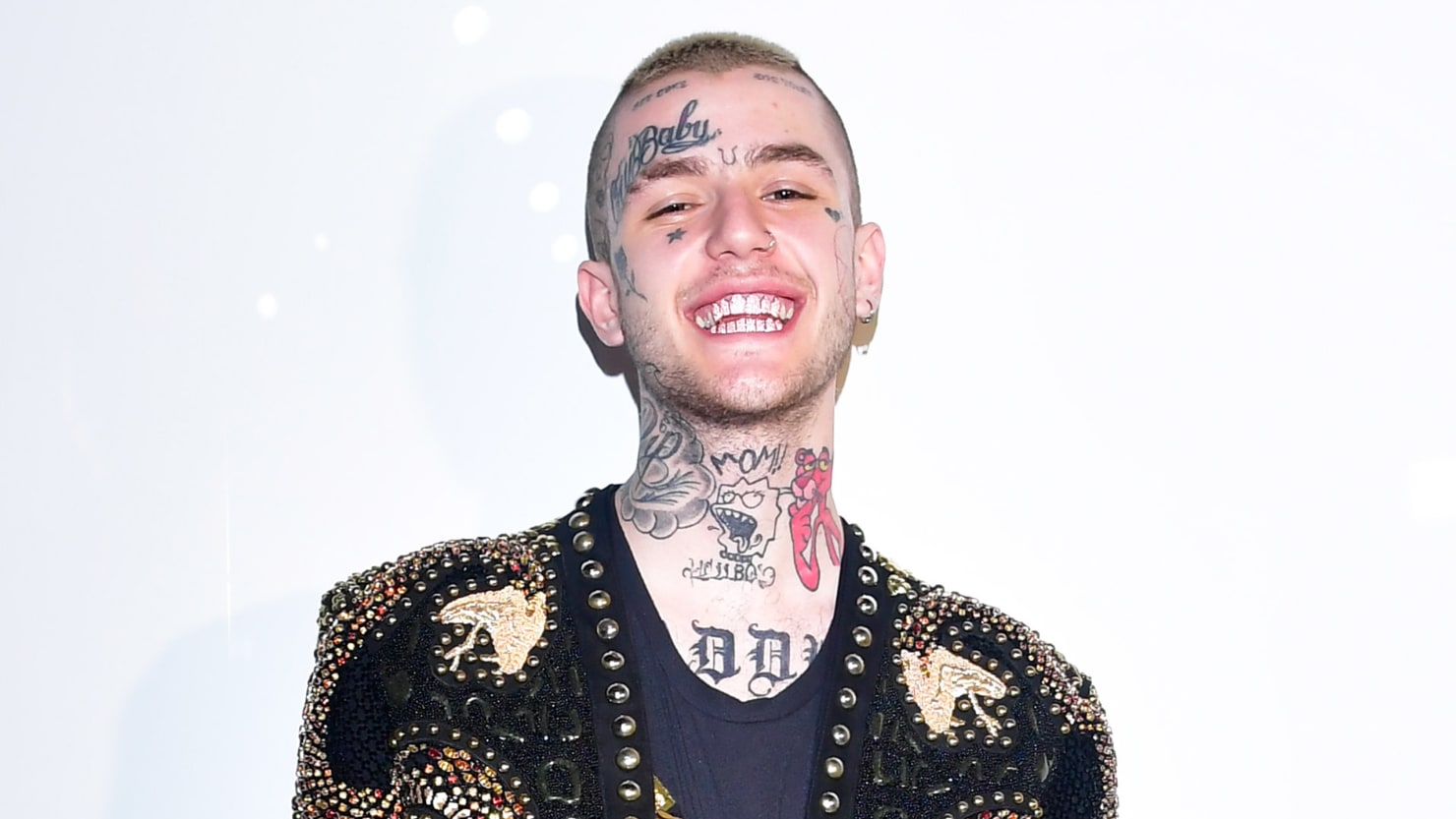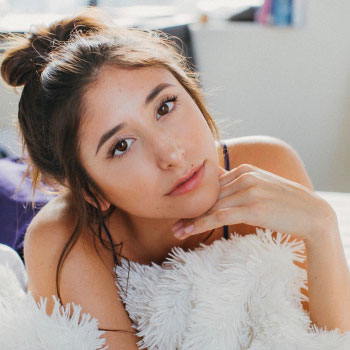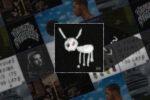I was laying in bed about 10 p.m. on Wednesday, November 15, when I got a phone call from a friend. “Did you hear? Lil Peep is dead. They just found him on his tour bus, like, thirty minutes ago. He overdosed. Can you believe it?” I began to think that, yes, I really could believe it.
For those unfamiliar to the young and much loved Lil Peep, born Gustav Åhr, he was a rapper known for his unique cross between emo music and rap. He released his first mixtape in 2015 and quickly gained a cult-like fan following that seemed to grow by the day. Pitchfork stated he was the “future of emo” and huge names in the industry, such as Post Malone and Blink 182, all supported Lil Peep and his rapidly growing career, which unfortunately came to a halt at only twenty-one years old.
The subject matter of his music was dark and heavy with strong themes of mental health and substance abuse. Songs, such as “Better Off (Dying)” and “Girls” both have lyrics which discuss wanting to die and using drugs. These themes were not solely for Lil Peep’s artistic persona as the artist was open about his suicidal thoughts, depression and abuse of drugs and alcohol.
In an interview this past January with Pitchfork, Lil Peep put on the record that he does indeed struggle with his mental health: “I suffer from depression and some days I wake up and I’m like, Fuck, I wish I didn’t wake up. That was part of why I moved to California, trying to get away from the place that was doing that to me, and the people I was around. I realized it was just myself—it’s a chemical imbalance in my brain.” In this same interview he stated that was not treated for his depression, instead he smoked weed and did whatever drugs he stumbled upon. The main drug ’Peep referenced in music and social media was the antidepressant, and highly abused prescription, Xanax.
Chris Ortega, Lil Peep’s manager, was the first inside source to confirm ‘Peep’s death:

I was not the only one who believed this news. It was apparent to many that Lil Peep was at battle with himself and the inner workings of his mind, and sadly he did not win.
Originally the suspected culprit for Lil Peep’s death was Xanax, but now there is some investigation into the opioid by the name of fentanyl. The toxicology report is still needed to confirm the true cause of death, but it’s clear that prescription pills were involved. According to John Hopkins researchers, “deaths from drug overdoses in the United States rose from about 52,000 in 2015 to more than 64,000 in 2016,” and this number will certainly rise again for 2017.
The main drug involved with overdoses is opioids, such as fentanyl and oxycodone. In an industry that seems to romanticize the abuse of drugs, you have to wonder how many young listeners they are influencing and how many deaths they are potentially adding to this statistic.
Lil Peep’s story is exceptionally tragic because he was not merely using drugs for recreation: he had a problem. It was evident he used drugs and alcohol as a way to cope with his serious mental health issues.
He is not the only one in the industry who promoted the use of drugs and openly discussed mental health problems. Artists, such as Blackbear and The Weeknd, have lyrics referencing the use of drugs to cure sadness. Blackbear raps about “popping pills like skittles” and posts photos on Instagram with prescription bottles of hydrocodone whilst the more mainstream artist, The Weeknd, first rose to fame through his hit song “Wicked Games” where he sings “bring the drugs, baby, I can bring my pain.”
Neither of these artists just think up these issues for their music, they have admitted and/or been caught using drugs, and so many more in the industry are doing the same. While the openness about mental health is great, I cannot help but think there has got to be a way to admit to addiction and struggles, without the current glamorization of drug use.

While the the drug epidemic continues to grow and the number of overdoses continues to rise, those with platforms need to think about their impact more carefully. My hope is that with Lil Peep’s death, the romanticizing of drugs will begin to see an end, and some positive change will occur. Perhaps the industry will begin to reflect on their issues and think more critically about the implications of their lyrics and what they are promoting. Perhaps some will seek help and start advocating for more awareness of mental health and what we can do to help each other, instead of enabling one another.
Lil Peep’s mother released a statement saying she did not think he wanted to die, that this was an accident. Friends and members of Lil Peep’s team shared similar thoughts and talked about all the plans he had for the future, for his career. Depression had consumed him and the industry made drugs so accessible and acceptable, that he could not get the help he needed in time. Hopefully some good can come from Gustav Åhr’s death. Hopefully the rap and R&B industry will work towards making a more positive impact on young lives.

















